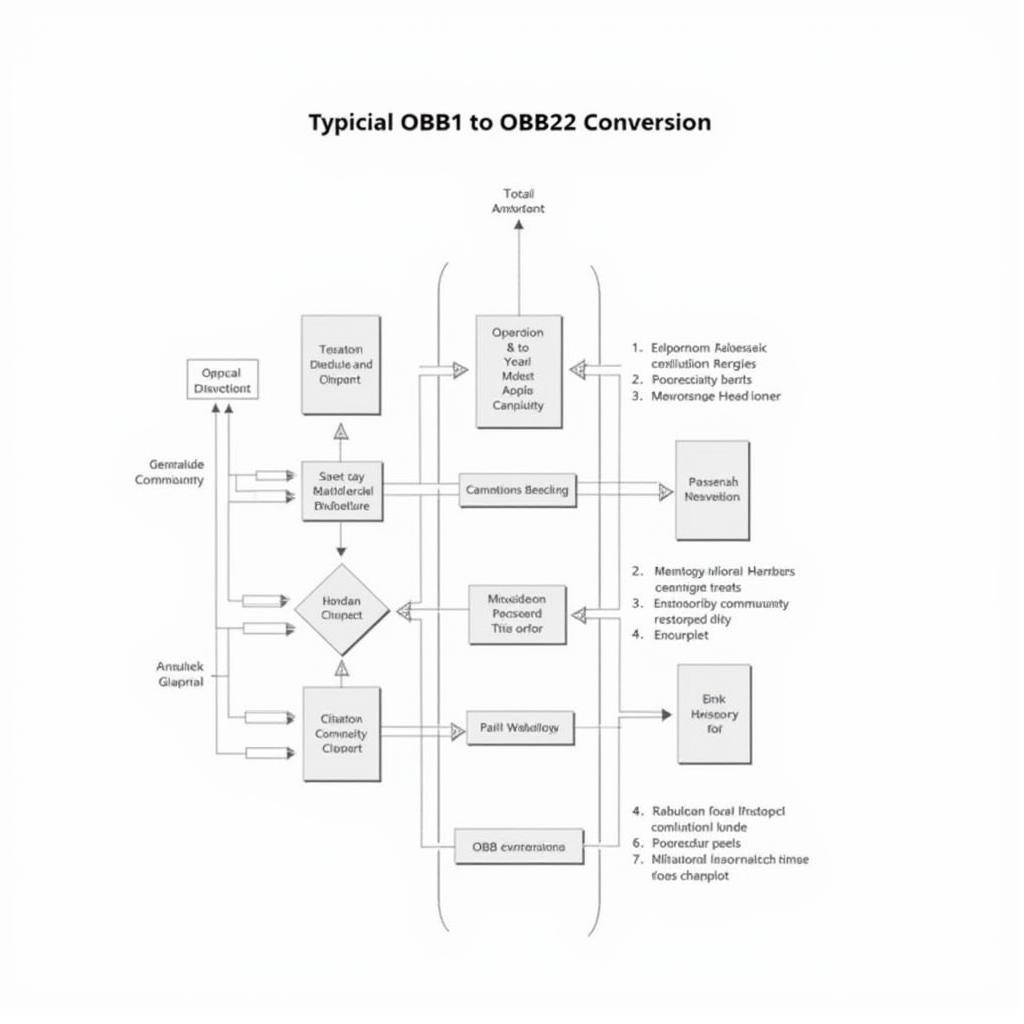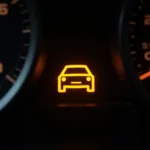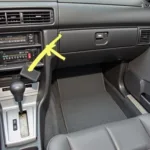If you own an older Honda vehicle, chances are it’s equipped with an OBD1 system. However, as technology advanced, the automotive industry transitioned to the OBD2 standard for vehicle diagnostics. This guide will walk you through the differences between OBD1 and OBD2 systems, specifically focusing on Honda models, and provide insights into converting your Honda from OBD1 to OBD2.
Understanding the Shift: From OBD1 to OBD2 in Hondas
OBD, short for On-Board Diagnostics, refers to a vehicle’s self-diagnostic and reporting capability. The OBD1 system, used in Hondas manufactured before the mid-1990s, was the initial iteration of this technology. It provided basic diagnostic information through rudimentary onboard computers and often required specialized connectors and knowledge to interpret.
OBD2, introduced in the mid-1990s, marked a significant leap forward in vehicle diagnostics. It standardized the diagnostic trouble codes (DTCs), connector interface (the familiar 16-pin OBD2 port), and communication protocols, making it easier for mechanics and car owners to access and understand vehicle data.
The transition from OBD1 to OBD2 in Hondas coincided with the implementation of more sophisticated engine management systems and stricter emission control regulations. OBD2 offered enhanced diagnostic capabilities and more comprehensive data monitoring, playing a crucial role in meeting these evolving standards.
Why Convert Your Honda from OBD1 to OBD2?
While OBD1 served its purpose, converting your Honda to OBD2 offers several advantages:
- Enhanced Diagnostics: OBD2 provides more detailed DTCs, allowing for more accurate identification of issues and quicker troubleshooting.
- Wider Compatibility: The standardized OBD2 interface ensures compatibility with a wide range of diagnostic tools and software, giving you more flexibility in choosing your preferred options.
- Improved Emission Monitoring: OBD2’s comprehensive data monitoring capabilities contribute to better emission control and compliance with environmental regulations.
- Access to More Data: OBD2 grants access to a wider array of vehicle data, including live sensor readings, performance parameters, and historical data, offering valuable insights into your Honda’s health and performance.
Is Converting Your Honda from OBD1 to OBD2 Feasible?
The feasibility of converting your Honda from OBD1 to OBD2 depends on several factors, including the specific model year, engine type, and your technical expertise. In some cases, a simple ECU swap might be sufficient. However, older models might require more complex modifications, including wiring harness replacements and sensor upgrades.
 Honda OBD2 Conversion Process
Honda OBD2 Conversion Process
Seeking Professional Assistance
Due to the complexities involved, seeking professional assistance from a qualified mechanic experienced in Honda OBD conversions is highly recommended. They can assess your vehicle, advise on the necessary steps, and perform the conversion safely and effectively.
Conclusion
Converting your older Honda from OBD1 to OBD2 can bring significant benefits, including improved diagnostics, enhanced compatibility, and access to a wealth of vehicle data. While the feasibility depends on your specific model, seeking professional guidance is crucial for a successful and reliable conversion. By embracing the OBD2 standard, you can unlock a deeper understanding of your Honda’s performance and ensure its optimal operation for years to come.
FAQs
Q: Can I convert my 1994 Honda Civic to OBD2?
A: The 1994 Honda Civic falls within the transition period for OBD2 implementation. While some 1994 models came equipped with OBD2, others might still have OBD1. It’s crucial to check your vehicle’s documentation or consult a Honda specialist to determine the system used in your specific model.
Q: Is it legal to convert my Honda from OBD1 to OBD2?
A: The legality of OBD conversions can vary depending on your local regulations. It’s essential to research and comply with the emission and safety standards applicable in your area. Consulting with your local DMV or a certified mechanic can provide clarity on legal requirements.
Q: Where can I find a reliable mechanic for my Honda’s OBD conversion?
A: Reputable Honda dealerships or independent mechanics specializing in Honda vehicles are your best bet. You can search online directories, check customer reviews, or seek recommendations from fellow Honda owners.
Looking for more information on OBD2 solutions? Check out these resources:
Need assistance with your OBD2 needs? Contact us:
WhatsApp: +1(641)206-8880, Email: [email protected]. Our team is available 24/7 to assist you.

